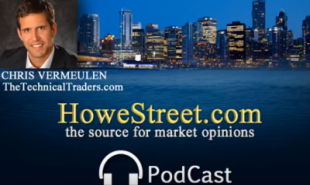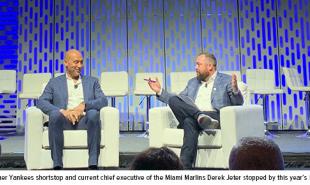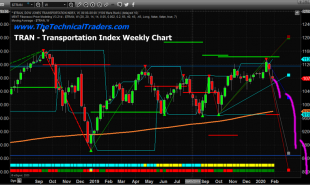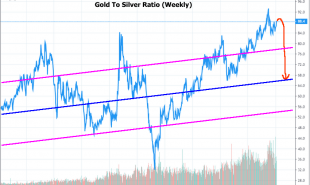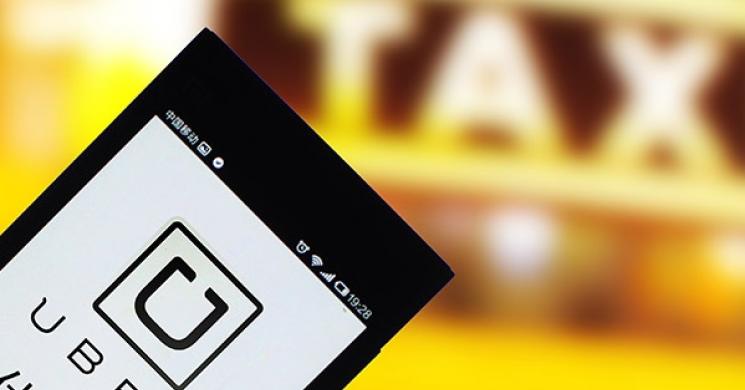
I have said it once before and I think it bears repeating: you can’t build an economy with minimum wage jobs. In my last commentary on the U.S. labor market I talked about how service jobs are destroying the U.S. economy. This week I wanted to expand on by focusing on another sector of the labor market, which has been coined the “gig economy.” In a “gig economy,” workers don’t have traditional nine-to-five jobs. They are self-employed contractors, working freelance, jumping from contract to contract. These workers are also classified as “non-regular” employees.
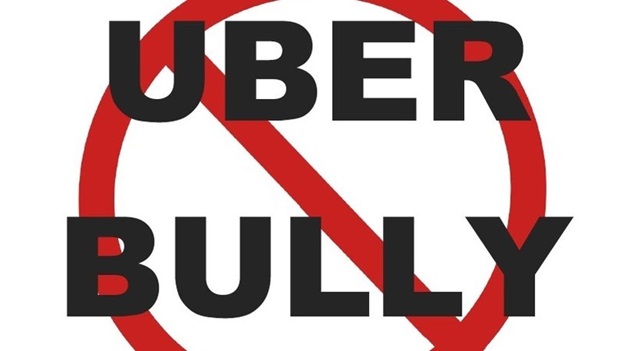 So you can’t build an economy on minimum wage jobs and now I add to that: you can’t build an economy from freelance jobs!
Yes, freelancing offers people great flexibility but the tradeoff is that the concept of job security has completely vanished. Not only that but freelancing also means that workers are having to be more competitive with their contract rates, which is leading to stagnant wage growth.
But how bad can freelancing really be? Latest employment numbers showed that average hourly wages increased 2.3% annual in March; however, a lot of this is due to the “base-effect.” This is an economist term used to describe an increase based on a previous lower number. So in layman terms wages last month sucked less than they did last year.
I was also sent an interesting report from Capital Economics that looked at the wage growth of new jobs and they highlighted a very clear downward trend. Their research shows that the average wages for new jobs created in the last six months was $24.30, down from the average earnings of $24.80 for new jobs created in 2015, which was down from $25.10 for jobs created in 2014.
This isn’t surprising as high-paying manufacturing jobs have been in a significant decline recently while service sector, or minimum wage jobs have surged.
I know that one company can’t be blamed for all the woes of the U.S. economy and labor market but I don’t really care. This is my opinion and I am blaming Uber.
Nobody embodies this new-age “gig economy” more than Uber, the “ride-sharing company.” Uber has taken the world by storm and in hurricane style it has decimated the taxi industry. Yes consumers have seen a benefit of lower transportation costs and more choice but what does this new freedom cost the U.S. economy.
Uber has set the standard for other companies to follow and in my opinion I think the results will be disastrous. While doing my research on Uber I came across an interesting article from the Atlantic which said that Uber drivers can make $300 to $400 extra a week for 15 hours of driving. That sounds like a great chuck of change but then the realization hits, being an Uber driver is only a sideline job. They are only supplementing their income.
This makes sense because, as I pointed out in my last article, you can’t raise a family on a minimum-wage job, well maybe you could if you wanted to live in Cleveland.
The Atlantic article was based on research from Alan Krueger, a Princeton economist who also was an advisor for President Barack Obama and Jonathan Hall the head of Uber’s policy research.
According to their research, looking at San Francisco specifically, Uber drivers make around $25 an hour, which is right in the middle of the wage bracket. They even had a nice little chart to show the comparison.
So you can’t build an economy on minimum wage jobs and now I add to that: you can’t build an economy from freelance jobs!
Yes, freelancing offers people great flexibility but the tradeoff is that the concept of job security has completely vanished. Not only that but freelancing also means that workers are having to be more competitive with their contract rates, which is leading to stagnant wage growth.
But how bad can freelancing really be? Latest employment numbers showed that average hourly wages increased 2.3% annual in March; however, a lot of this is due to the “base-effect.” This is an economist term used to describe an increase based on a previous lower number. So in layman terms wages last month sucked less than they did last year.
I was also sent an interesting report from Capital Economics that looked at the wage growth of new jobs and they highlighted a very clear downward trend. Their research shows that the average wages for new jobs created in the last six months was $24.30, down from the average earnings of $24.80 for new jobs created in 2015, which was down from $25.10 for jobs created in 2014.
This isn’t surprising as high-paying manufacturing jobs have been in a significant decline recently while service sector, or minimum wage jobs have surged.
I know that one company can’t be blamed for all the woes of the U.S. economy and labor market but I don’t really care. This is my opinion and I am blaming Uber.
Nobody embodies this new-age “gig economy” more than Uber, the “ride-sharing company.” Uber has taken the world by storm and in hurricane style it has decimated the taxi industry. Yes consumers have seen a benefit of lower transportation costs and more choice but what does this new freedom cost the U.S. economy.
Uber has set the standard for other companies to follow and in my opinion I think the results will be disastrous. While doing my research on Uber I came across an interesting article from the Atlantic which said that Uber drivers can make $300 to $400 extra a week for 15 hours of driving. That sounds like a great chuck of change but then the realization hits, being an Uber driver is only a sideline job. They are only supplementing their income.
This makes sense because, as I pointed out in my last article, you can’t raise a family on a minimum-wage job, well maybe you could if you wanted to live in Cleveland.
The Atlantic article was based on research from Alan Krueger, a Princeton economist who also was an advisor for President Barack Obama and Jonathan Hall the head of Uber’s policy research.
According to their research, looking at San Francisco specifically, Uber drivers make around $25 an hour, which is right in the middle of the wage bracket. They even had a nice little chart to show the comparison.
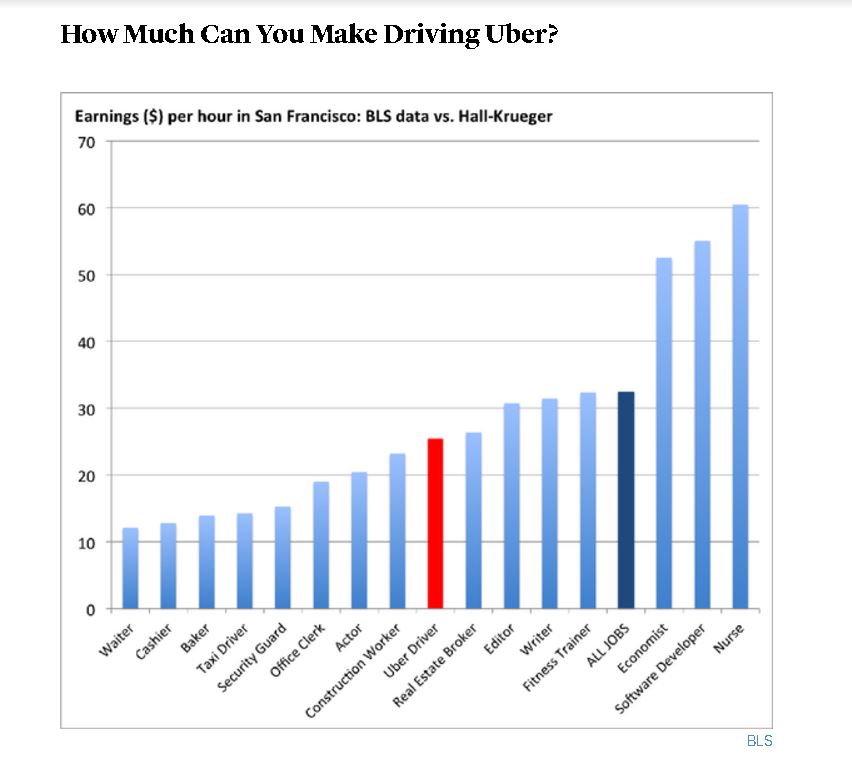
Read more by Just_another_wiseguy



